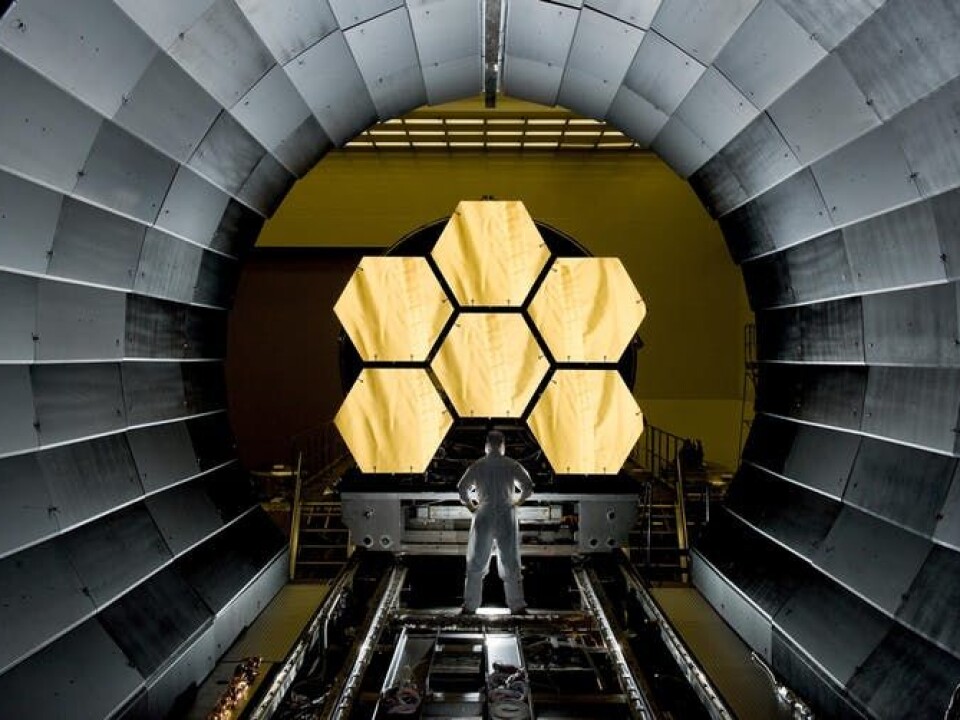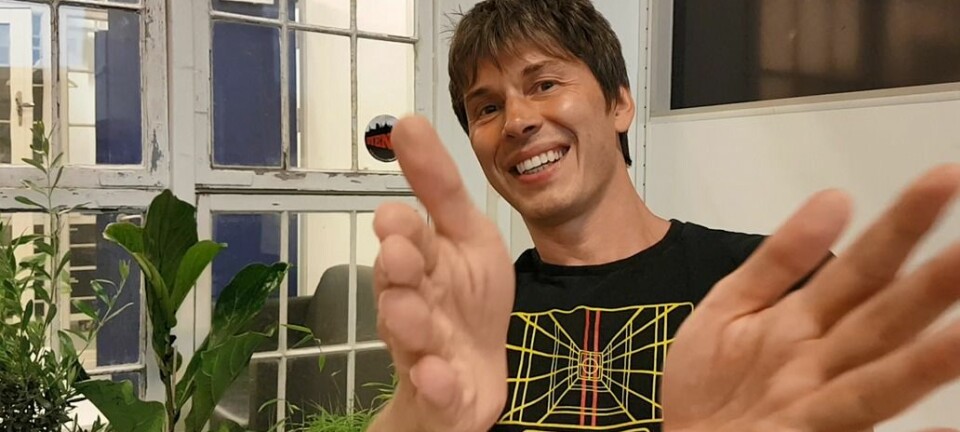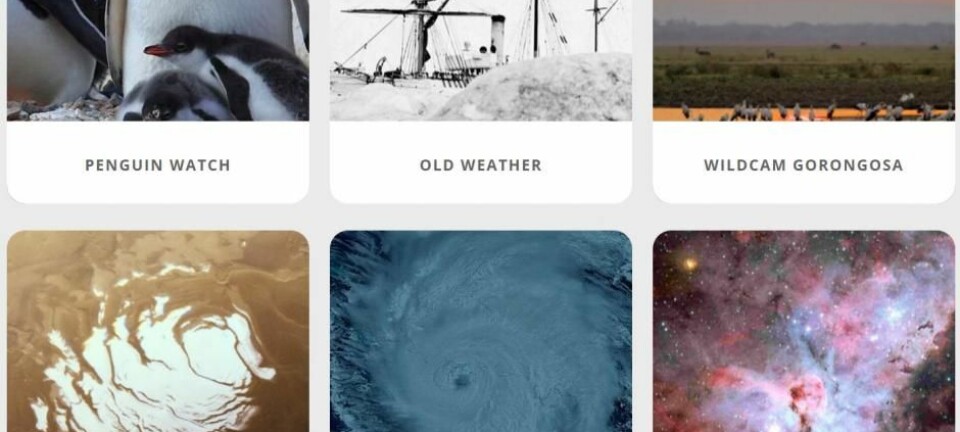
New research shows explaining things to ‘normal’ people can help scientists be better at their jobs
Science communication could have a huge impact on learning, research, and democracy. But to make use of this power, scientists need to “zoom out” and connect their research to the world outside.
In times when fake news and alternative facts circulate in society, spreading scientifically based findings is more important than ever. This makes science communication one of academia’s most vital tasks. But despite the pivotal role scientific communication plays in society, communicating with the general public is not always prioritised among researchers.
This is in part because although scientists tend to be great at doing the research and discovering results, they are not always so great at then communicating these findings to a wider audience. Writing about research for people outside academia requires a wider perspective on science matters, and a completely different writing style. And many scientists may simply not know how to communicate their research to wider society. The low importance placed on this in the past, and the limited (if any) training students get in science education also isn’t helping.
This is shortsighted, particularly as my recent study found, encouraging science students to write about their work for a non academic audience helped them to discover and discuss different ideas within their thesis. And this in turn, helped them to realise the importance and societal impact of their work.
Read More: Q&A: Professor Brian Cox talks scicomm
Science for dummies

The research showed that across their writing, the students successively added different aspects to their texts, to make it more relevant to a general audience. The students also changed the ways they discussed subject matter – from a specific, detailed level, to a more general, holistic interpretation. This meant that an overall wider societal perspective emerged along with the students’ writing process.
These findings are similar to an earlier study which looked at science students’ experiences of writing a popular science article on their degree project – at bachelor or masters level. Many of these students described how writing for non academics helped them to create a “bigger picture” of the subject and see what relevance their research project could have in a larger context.
Some of the students especially emphasised the popular writing helped them to clarify the aim of their project. Others pointed out how the writing made them reflect on their own knowledge and realise how much they had actually learned during their studies.
Read More: Science should be a part of our nightlife
Lasting impact

In the recent study, students also said they found that writing for a non-academic audience actually helped with their scientific writing. In particular, the students found it easier to deal with different perspectives and levels of abstraction in their scientific thesis after first having written a popular text on their degree project.
It is not hard to see how communication with different audiences can help scientists find connections to other disciplines and see the societal relevance of their own research. And in this way, training future scientists to communicate with different audiences could help to facilitate research and development across disciplinary borders.
It could also help to increase people’s knowledge and interest in science, thereby giving a higher likelihood of informed political decisions in society.
![]() What all this shows is the huge potential science communication could have on learning, research, and democracy. But to make use of this power, scientists need to be able to “zoom out” and connect their research to the world outside. It also needs to be held up as one example of how new knowledge can be spread. Because ultimately it is by recognising and rewarding these efforts, that new and original research could develop – as well as increasing the likelihood of scientific learning and literacy across society.
What all this shows is the huge potential science communication could have on learning, research, and democracy. But to make use of this power, scientists need to be able to “zoom out” and connect their research to the world outside. It also needs to be held up as one example of how new knowledge can be spread. Because ultimately it is by recognising and rewarding these efforts, that new and original research could develop – as well as increasing the likelihood of scientific learning and literacy across society.
This article was originally published on The Conversation. Read the original article.

Susanne Pelger does not work for, consult, own shares in or receive funding from any company or organization that would benefit from this article, and has disclosed no relevant affiliations beyond their academic appointment.










